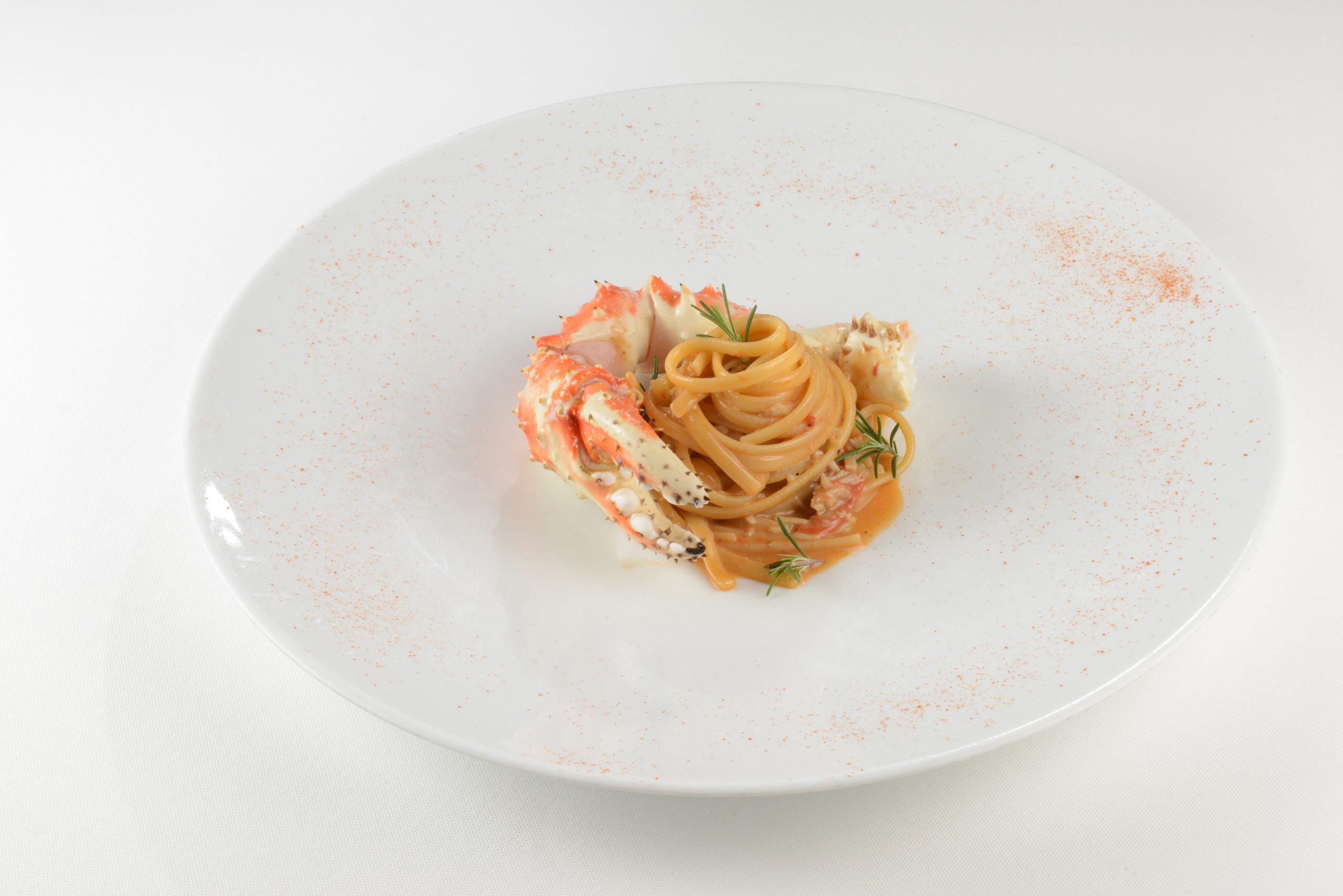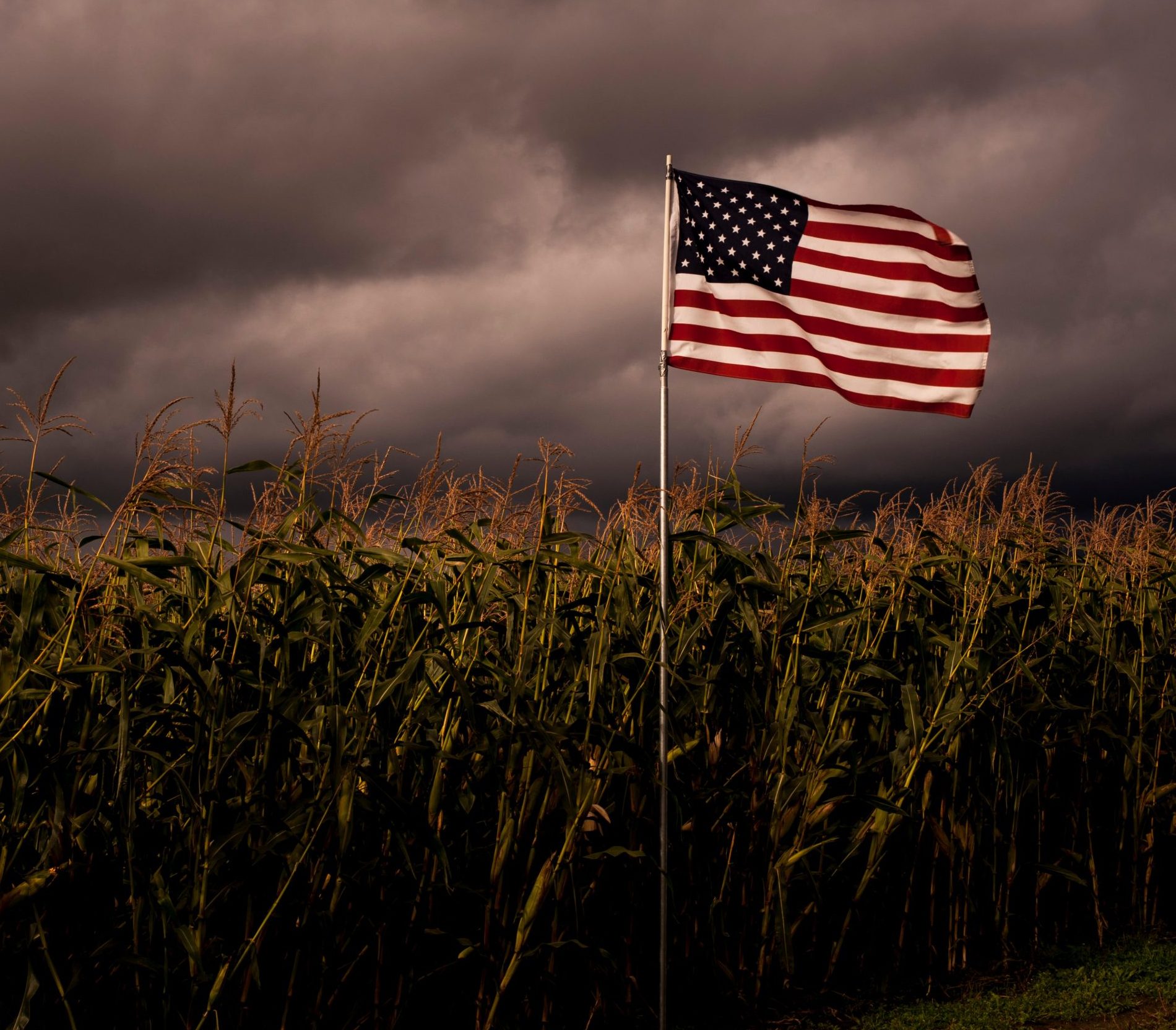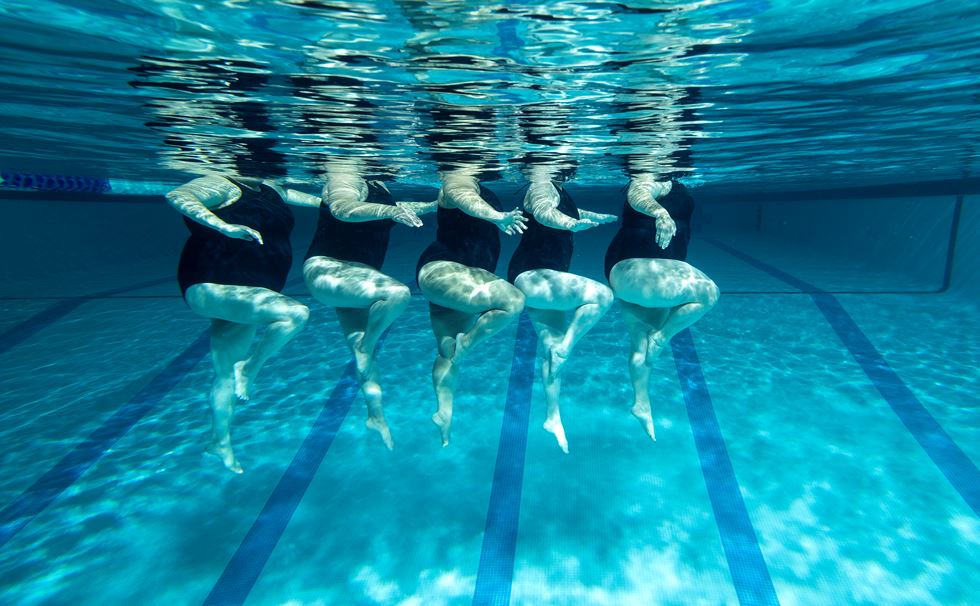Carla Carlisle: 'Something happened: instead of celebrating the solitude and bounty, I became haunted by the inescapable inevitability of dinner'
Carla Carlisle took enthusiastically to the first lockdown, but found herself languishing during the second one.


On that muggy July afternoon when we stood in the chapel of the Palace of Westminster and vowed ‘for better and for worse’, ‘in sickness and in health’, I had never heard of hip replacements.
Even heart bypasses were not well known — two decades would pass before Bill Clinton had one (four, actually), a surgical miracle presented as deliverance for a man with a family history of heart disease, a lifetime spent as a cigar-smoking workaholic with a passion for junk food, among other things.
I made those vows in innocence and ignorance. Despite my husband’s belief that, in his experience (two new hips and a triple bypass), I’m a better consultant than nurse, I think I’ve honoured the ‘sickness and health’ thing with fortitude and grace.
The one thing that never entered my head when we repeated those extravagant and ancient promises was a year of enforced togetherness: a quarantine duet, incarceration á deux, for better and for worse.
In the beginning, it felt like a second honeymoon. We had candlelit suppers and crab linguini
In the beginning, it felt like a second honeymoon. We had candlelit suppers, asparagus and crab linguini, bottles of Saint-Véran instead of Wyken wine.
On our anniversary, I made the flourless Ottolenghi chocolate cake to have with our raspberries. More than once I said: ‘I’ve never been happier’.
Then lockdown one ended and there was much rejoicing. I restocked the larder in readiness for lockdown two, which arrived in winter.
Sign up for the Country Life Newsletter
Exquisite houses, the beauty of Nature, and how to get the most from your life, straight to your inbox.
But something happened: instead of celebrating the solitude and bounty, I became haunted by the inescapable inevitability of dinner.
Even now, I gaze at the shelves in the larder in numb despair. I know that something is expected, but I have a cataract of the imagination.
My husband worries that our diet of pasta and risotto will give us scurvy. I tell him that the tinned tomatoes and jars of wild-garlic pesto (the fruit of the culinary zeal of lockdown one) will protect us. I remind him we have both received two vaccines and take vitamin D.
Then there is the memory book of the seasons. The wild garlic that was inspirational in the first lockdown has reappeared in the woods.
All I need to do is pick it and I’ll recapture the dreamy optimism and energy that inspired all those jars last year. It is harder to fool myself this time, however. The esprit of Little House on the Prairie has hit a lull.
To console me, a friend sends me an article from The New York Times.
It seems that my inability to rise and shine is not unique to me, but is endemic. It’s a side effect of the pandemic and it even has a name: languishing. Which is a relief, because I’d diagnosed late-onset, acute laziness.
The word ‘languishing’ is almost poetry and makes me think of my Southern grandmothers and great-aunts who worked hard all their lives until they reached a certain age and then entered a more languid period.
Languishing suggests spending mornings in bed with coffee and a good book. Evenings are the smell of gardenias, the second movement of Bach’s Brandenburg Concerto No 1 in F Major and a glass of Sauternes.
However, that’s not, apparently, what languishing now means. It’s a new clinical category that slots in as ‘not quite depressed’, but ‘failing to thrive’.
Not as serious as a clogged artery, but it renders the languished incapable of concocting a meal from scratch, picking flowers for the table, making an effort cheerfully to oil the wheels of married life.
My husband denies that a diet of snooker, golf and cricket on television is a sign of languishing, despite the fact that he now watches with an intensity I haven’t seen before: ‘You haven’t noticed because we’ve never been locked up together.’
My languishing takes place in the valley of procrastination. I have not cleared the larder, the freezer, the attic or the cellar. I have not written a book or answered urgent letters.
I have not dealt with the clutter that surrounds me, although I have read three new books on the subject, books that now add to the clutter. The evening I decided to listen to all six Brandenburgs, I fell asleep.
When I heard the news that Bill and Melinda Gates were calling it quits, it felt like a death in the family. Theirs is a marriage that seemed worthy of a Nobel Prize for goodness and hope.
I also thought, couldn’t they have waited until this pandemic is over before cancelling their vows? Waited until Africa was vaccinated and the grief of the past year had faded? Couldn’t they quietly languish, for the sake of the world’s morale?
When I heard Bill and Melinda Gates were calling it quits, it felt like a death in the family
Still, learning that the marriage of Mr and Mrs Gates hasn’t survived the pandemic made me think we have to adjust those vows: not delete the original ones, but acknowledge that we have to tread softly on the shaky ground of marital quarantine.
I will urge my husband not to say ‘You’ve got to give Boris a chance’ and to refrain from complaining that ‘there’s nowhere to sit in the boot room’. I’ll advise him never to ask ‘What’s for dinner?’
For my part, I will endeavour to throw out the New Yorkers and copies of the NY Review of Books that are years out of date and dominate the bench in the boot room. I’ll also wipe away my condescending/ quizzical visage that says ‘Who did I marry?’ when he is watching snooker.
It seems that watching Sky Sports may be an act of defiance against languishing, as much as me reading Nina Stibbe’s Reasons to be Cheerful when listening to Leonard Cohen.
And if the man I married gets scurvy from the pasta diet? I will honour my vow and feed him tea and oranges that come all the way from Waitrose.

Credit: Alamy
Carla Carlisle: 'This is not a battle between two political parties... It’s like a religious war, with no forgiveness in sight'
As the US Presidential election was taking place, Carla Carlisle penned her thoughts about a uniquely disturbing event back in
-
 A mini estate in Kent that's so lovely it once featured in Simon Schama's 'History of Britain'
A mini estate in Kent that's so lovely it once featured in Simon Schama's 'History of Britain'The Paper Mill estate is a picture-postcard in the Garden of England.
By Penny Churchill
-
 Splash! A Century of Swimming and Style: A whistle-stop history, from the Roman Baths to Hampstead Heath
Splash! A Century of Swimming and Style: A whistle-stop history, from the Roman Baths to Hampstead HeathEmma Hughes dives into swimming's hidden depths at the Design Museum's exhibit in London.
By Emma Hughes